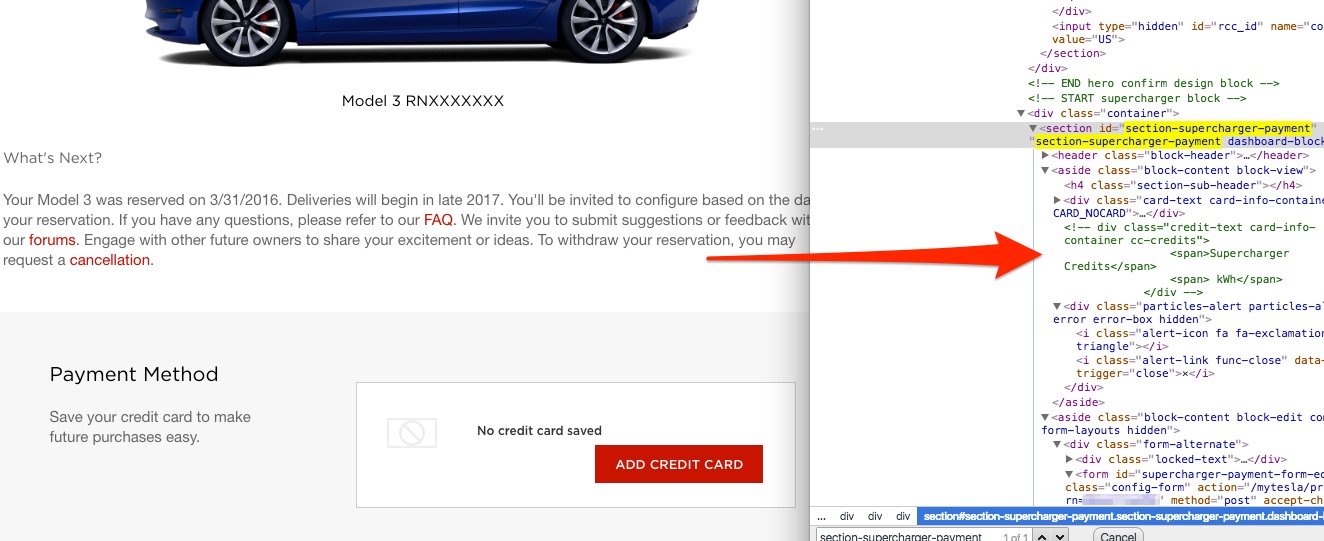No reason you can't have it stored as an encrypted token. You can't really break it so you'd have to work around it. It might be more trouble than it's worth for the majority of people potentially bricking your car...
Maybe, but you just have to wonder why mobile phone networks don't rely on this approach for safeguarding their PAYG products.





